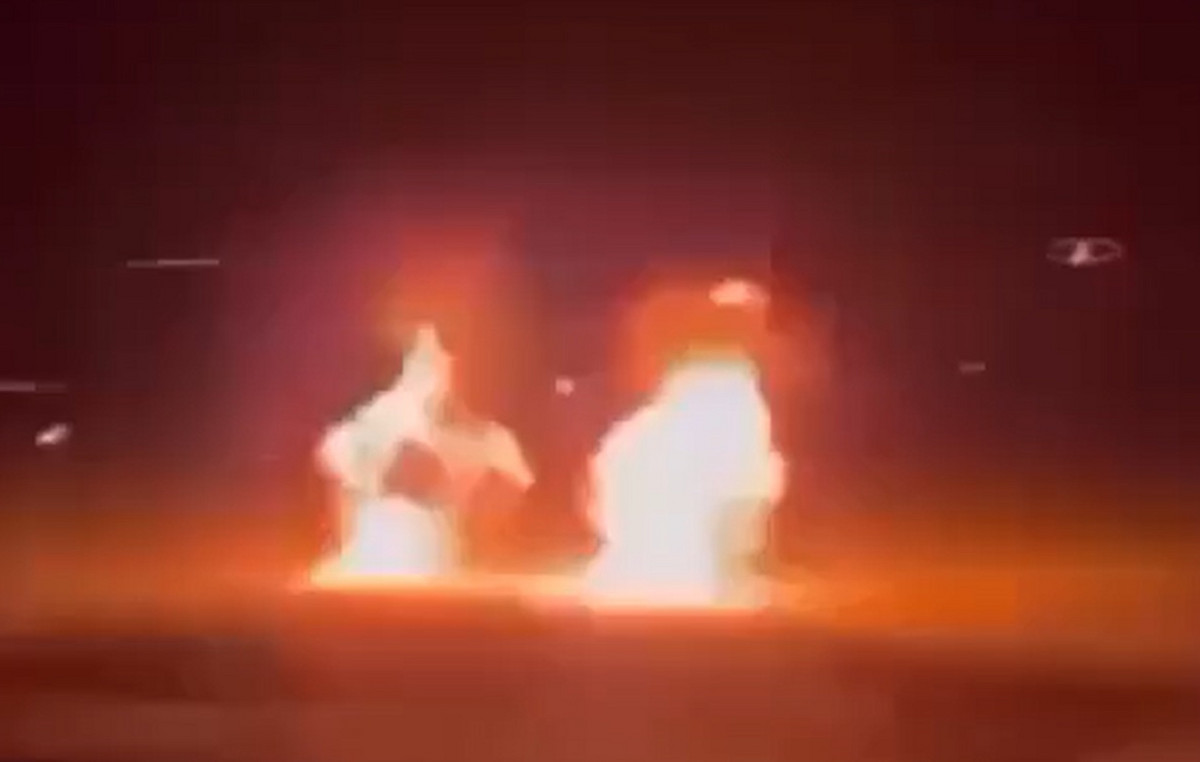Dengue in babies and children is similar to the disease that affects adults and can cause the same symptoms, such as high fever, malaise, body pain and fatigue. However, in children, the infection – transmitted by the mosquito Aedes aegypti – can be confused with other viruses that are common during childhood, which makes identification difficult.
“In children, the warning signs of dengue may not be as evident, leading to a greater risk of severity”, says Flavia Jacqueline Almeida, infectious disease specialist at Sabará Hospital Infantil.
In babies under two years of age, identifying dengue symptoms can be even more challenging, as little ones are unable to express the symptoms they are feeling. This requires greater attention from parents and guardians to observe the signs.
Warning signs of dengue in babies and children
According to Flavia, dengue fever in children can, in most cases, be asymptomatic or present as a classic virus , with symptoms that can be confused with other infections. This is the case of fever, muscle weakness, lack of appetite, nausea, vomiting, diarrhea or loose stools.
Symptoms suspected of dengue may also include high fever with an abrupt onset, lasting two to seven days. Red spots on the skin, inflammation in the eyes, joint pain, pain when swallowing food or drinking water also raise suspicions, according to the specialist.
Some other warning signs are also important to identify more serious cases of dengue. “Children who experience severe and persistent abdominal pain, recurrent vomiting, bleeding, dizziness or fainting and rapid breathing should seek immediate medical assistance”, he advises.
In babies, the symptoms can be even more challenging to observe, but some signs indicate a worsening of the condition. “There may be fever, prostration or intense irritability, with easy crying, as if in pain, and also refusal to eat, with the presence of diarrhea and vomiting”, says the pediatric infectious disease specialist.
Diagnosis and treatment of dengue in children
The diagnosis of dengue in babies and children can be made based on suspicion of infection. In the first five days of symptoms, it is possible to perform the PCR exam or detection of viral antigen (NS-1) . After the sixth day, confirmation of the diagnosis is made with the serology a test that identifies the presence of antibodies to dengue.
Treatment is based on hydration, rest and the use of analgesics and antipyretics. However, it is very important to pay attention to the type of medication used: in suspected or confirmed cases of dengue, It is not recommended to use non-steroidal anti-inflammatories , such as ibuprofen and diclofenac. Acetylsalicylic acid, like aspirin, should also not be used, as it increases the risk of dengue hemorrhagic fever, the most serious type of the disease.
“More serious cases must be hospitalized to receive intravenous hydration”, says Flavia.
Dengue vaccine and other forms of prevention
The dengue vaccine is one of the main ways to prevent the disease in children. The option that will be distributed by the SUS (Unified Health System) this week is aimed at children and adolescents aged 10 to 14 months and the vaccination schedule is two doses with a three-month interval between them. In private networks, the vaccine is available to the entire population between 4 and 60 years old.
Furthermore, it is important to prevent mosquito reproduction Aedes aegypti, avoiding standing water in plant pots, tires and gutters. It is also essential to always keep pool water treated and the water tank covered.
The use of protective screens on windows, mosquito nets on cribs and repellents on the skin can also help prevent dengue fever.
Source: CNN Brasil
I am an experienced journalist and writer with a career in the news industry. My focus is on covering Top News stories for World Stock Market, where I provide comprehensive analysis and commentary on markets around the world. I have expertise in writing both long-form articles and shorter pieces that deliver timely, relevant updates to readers.







